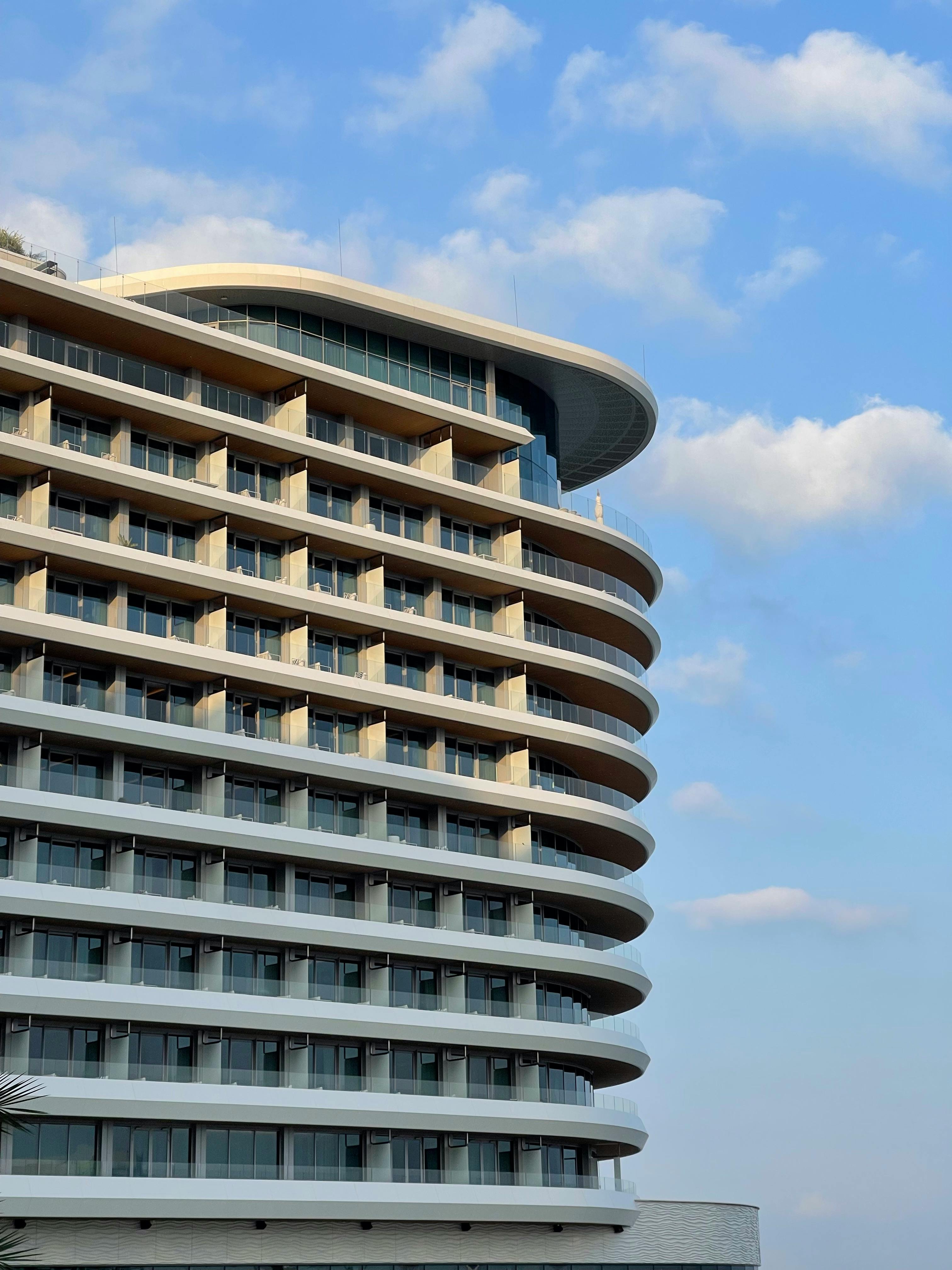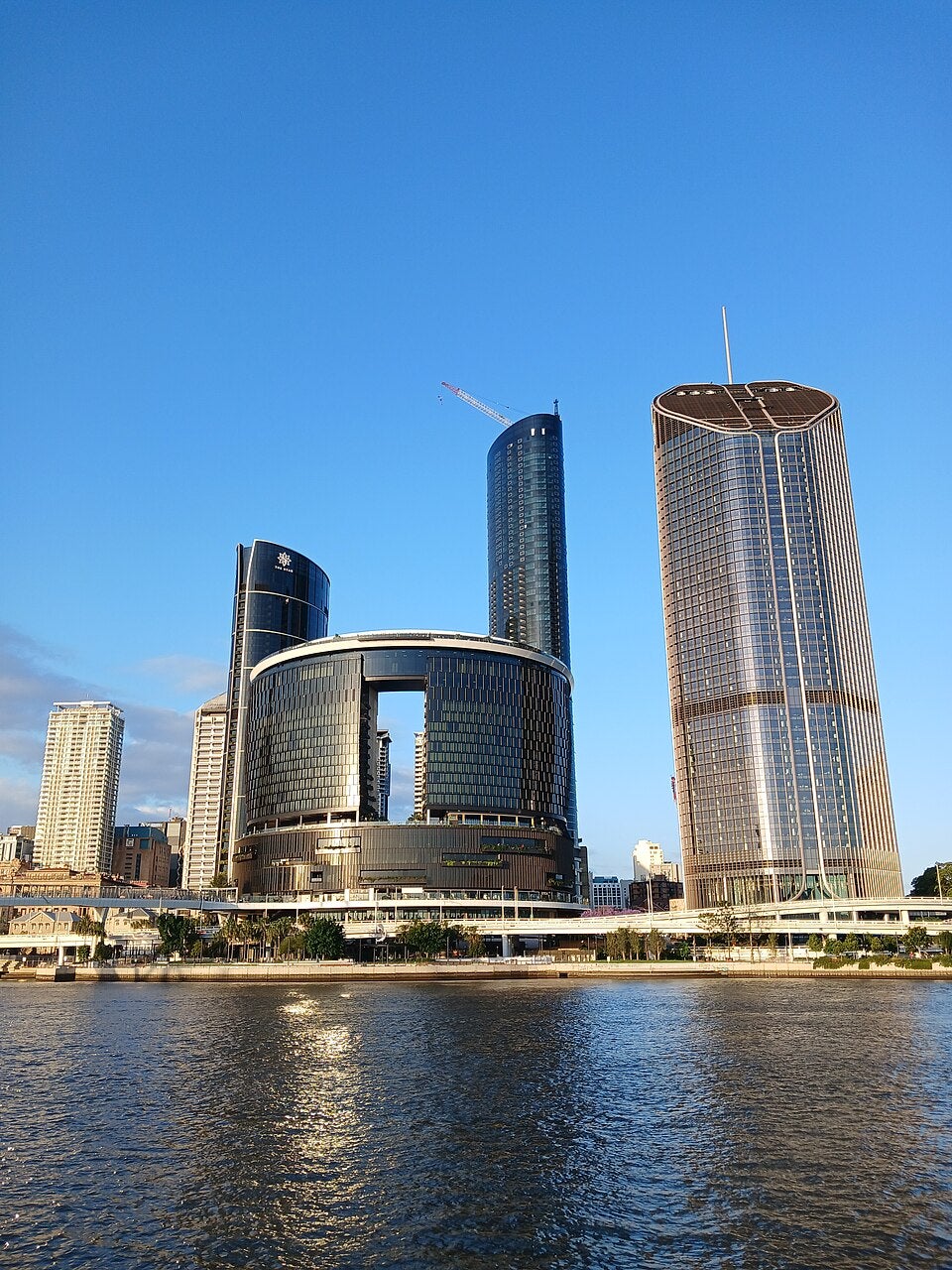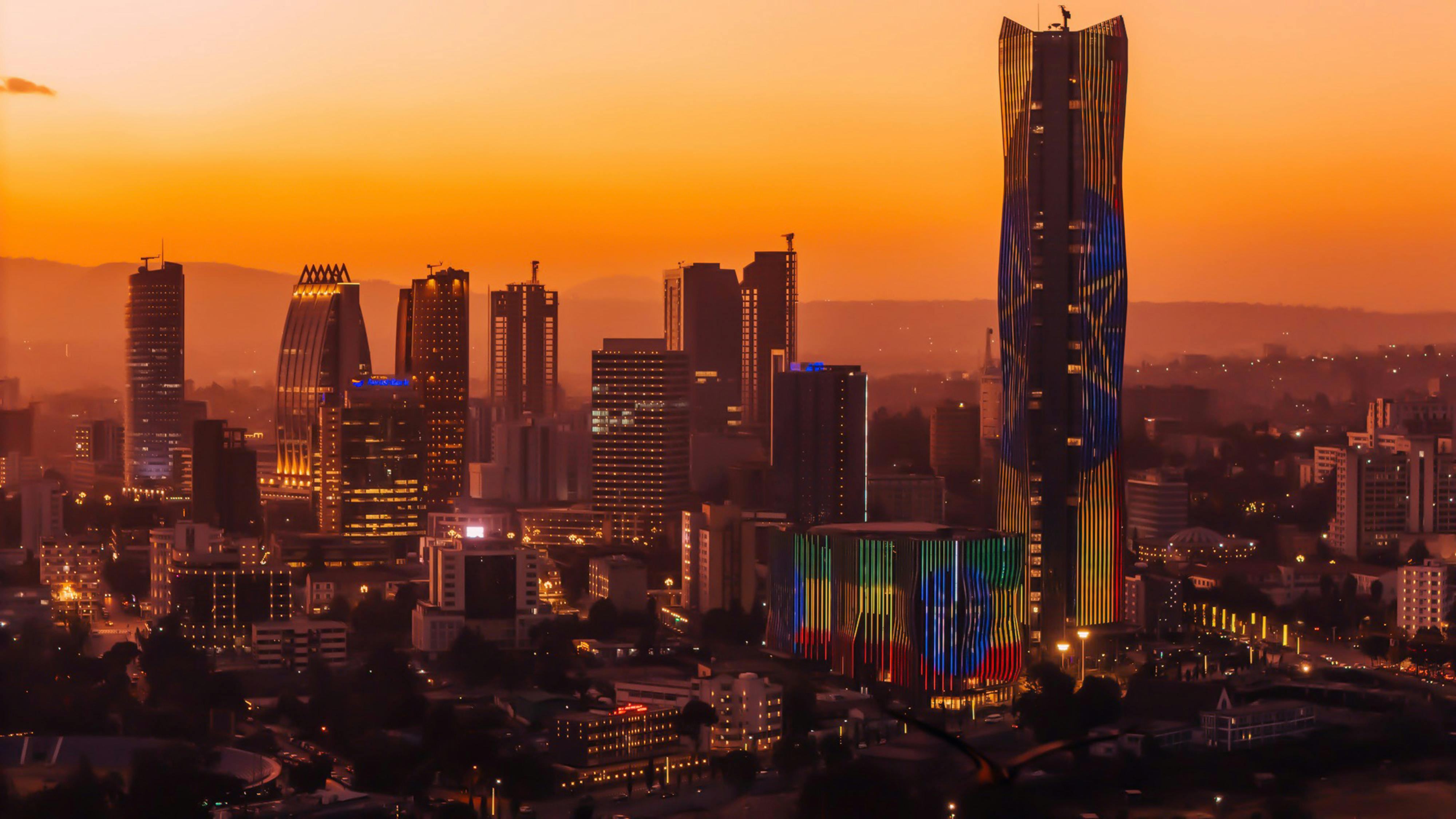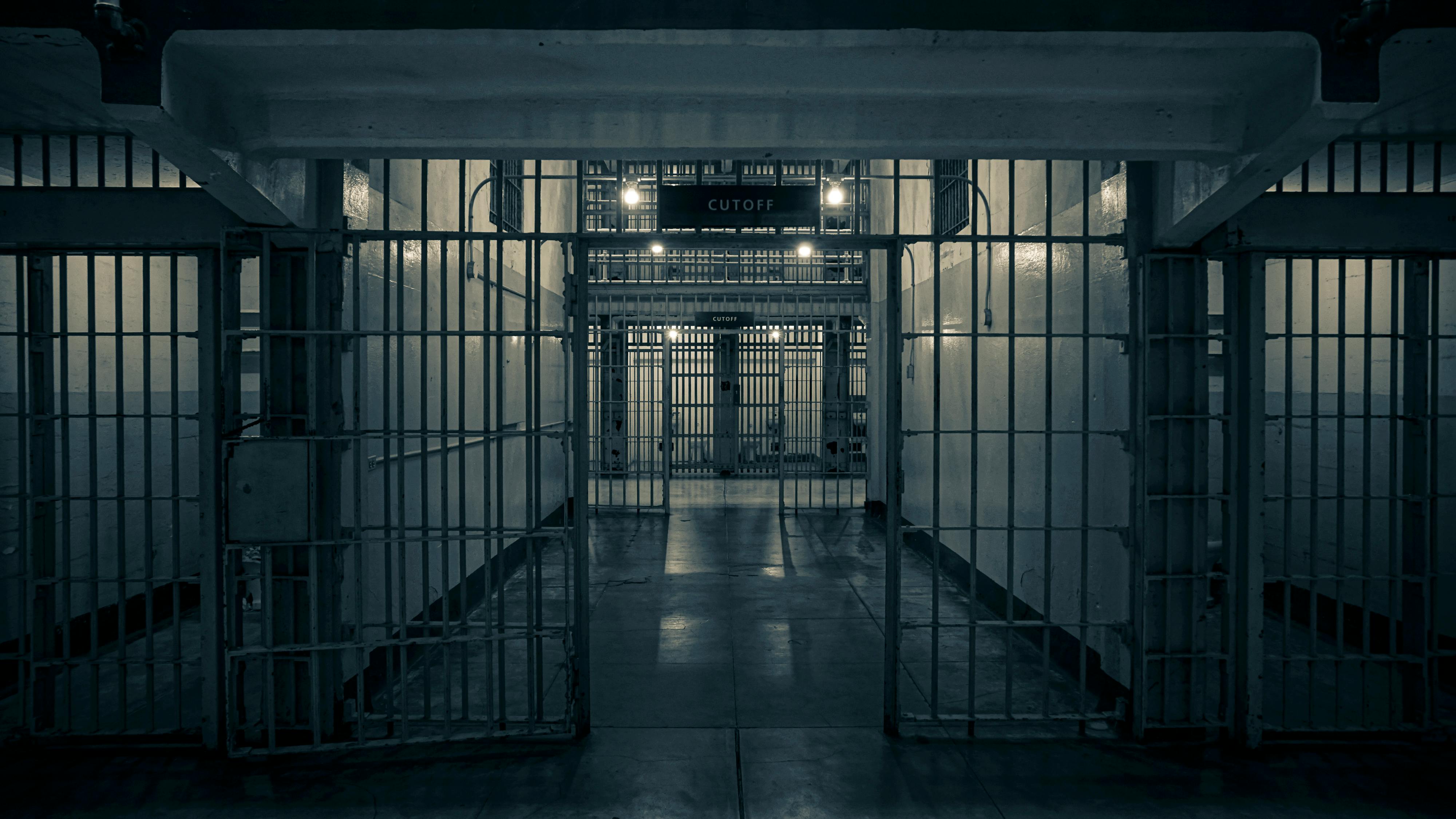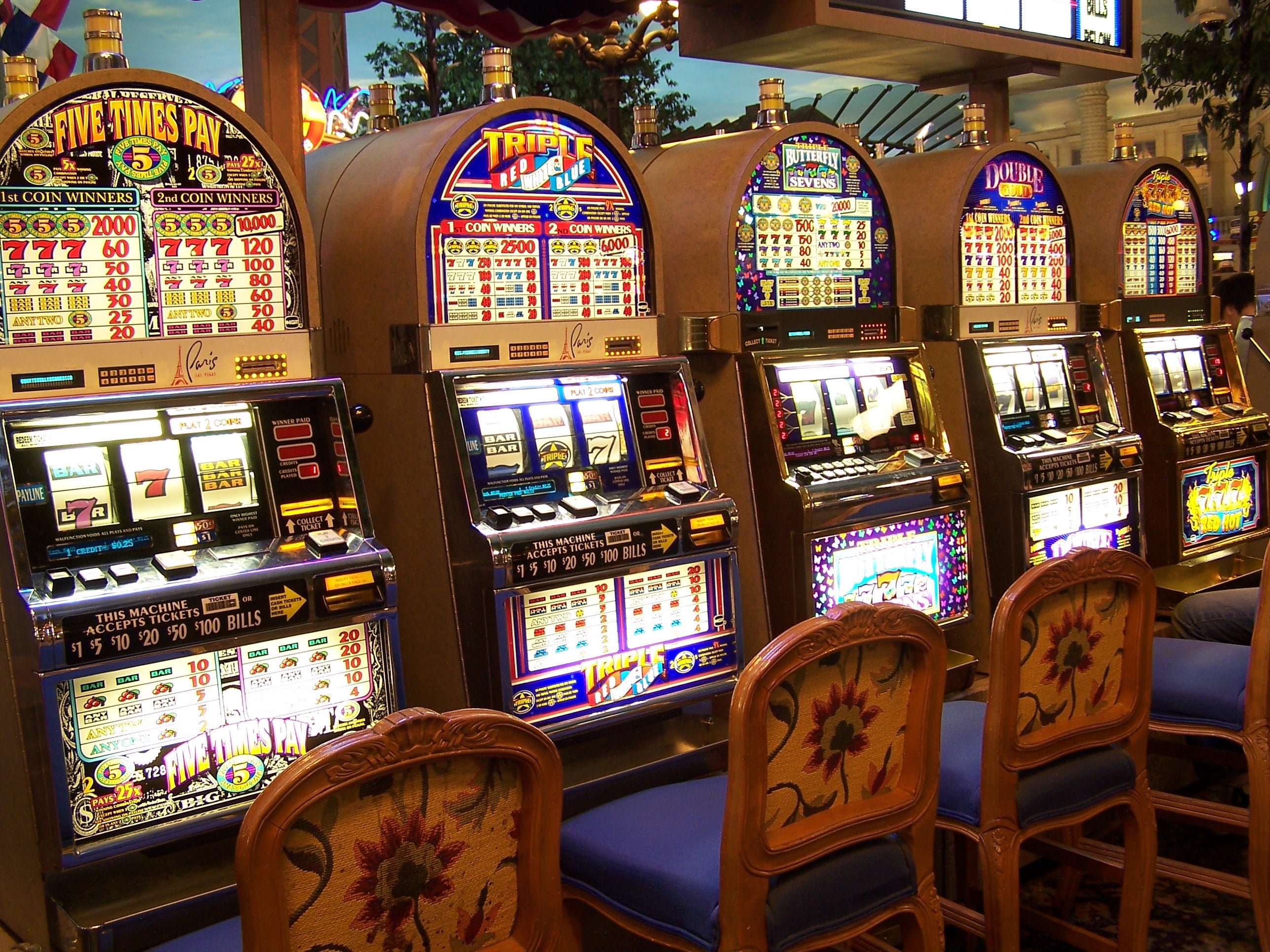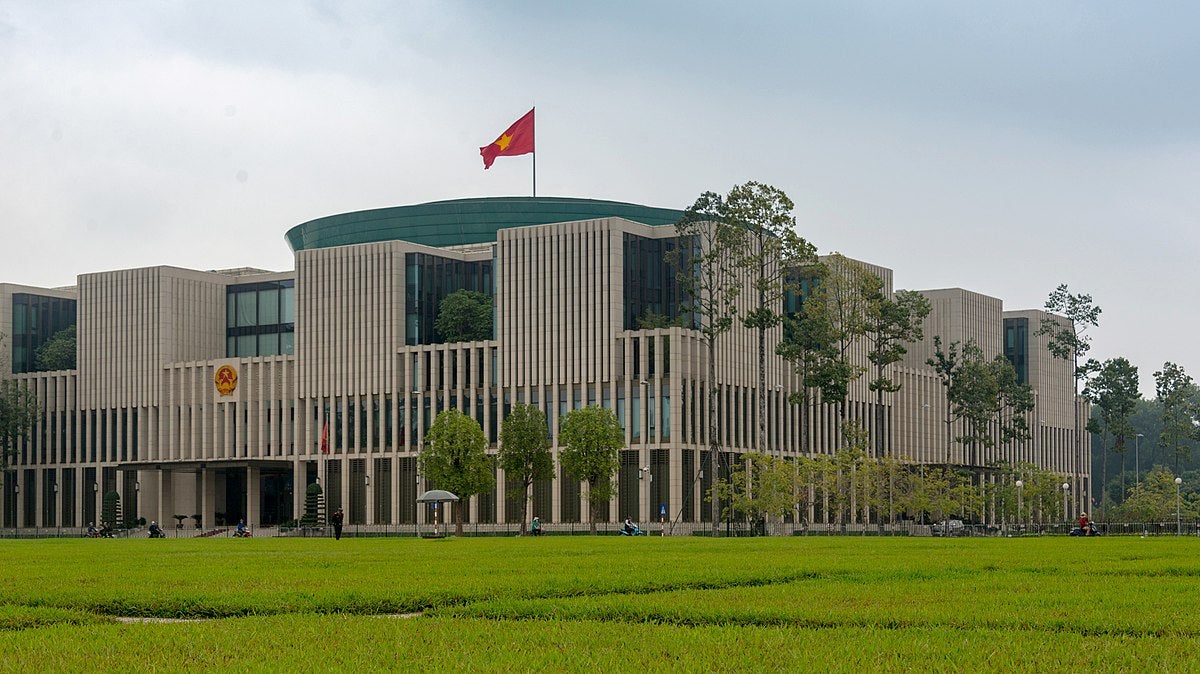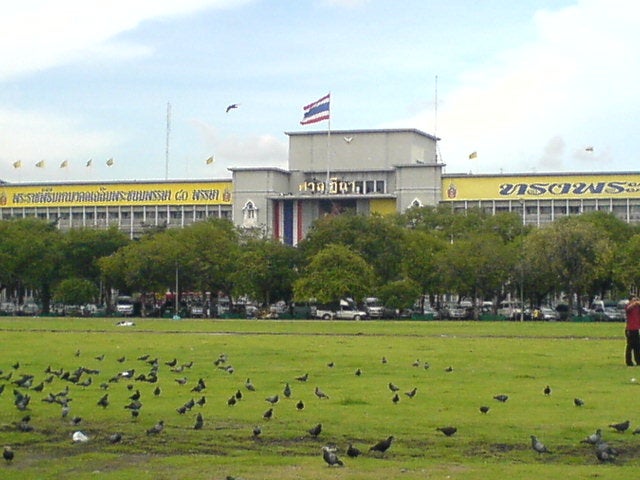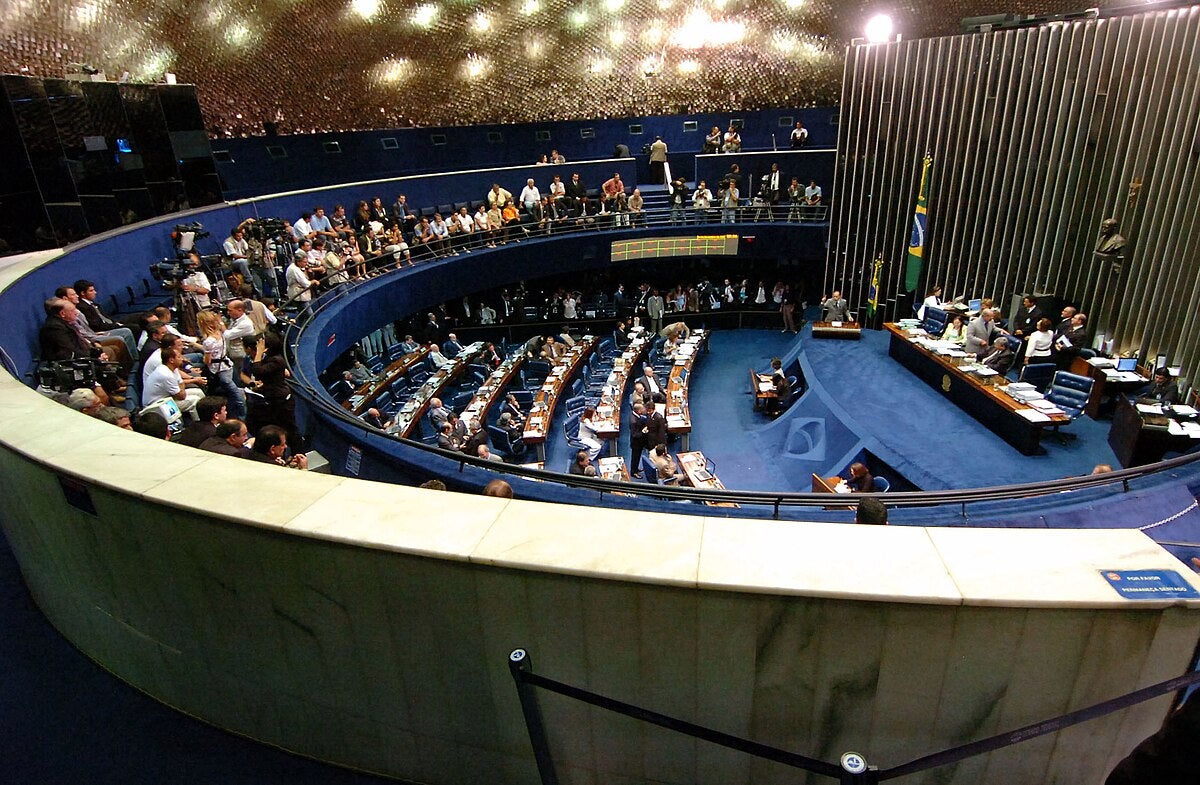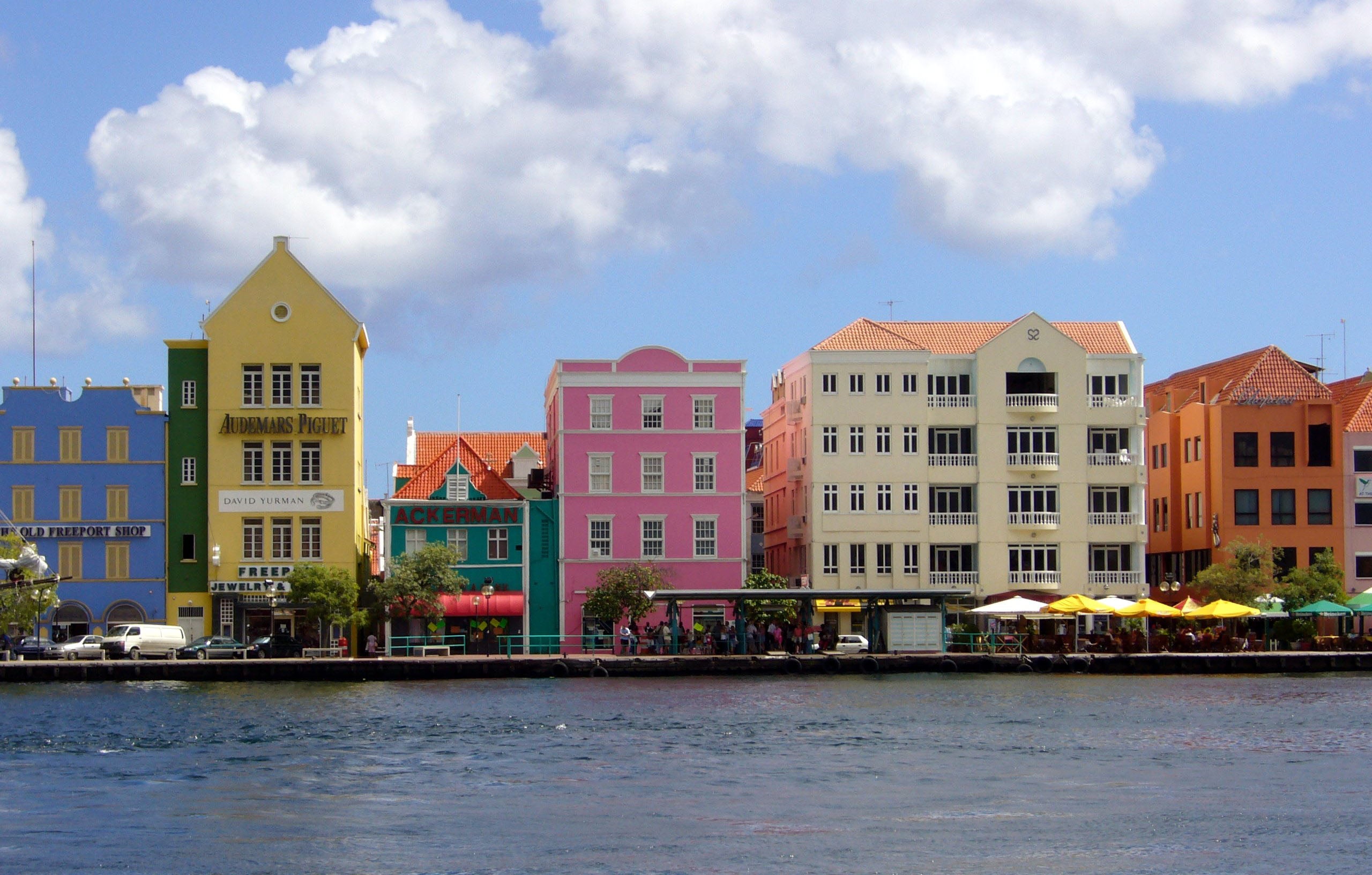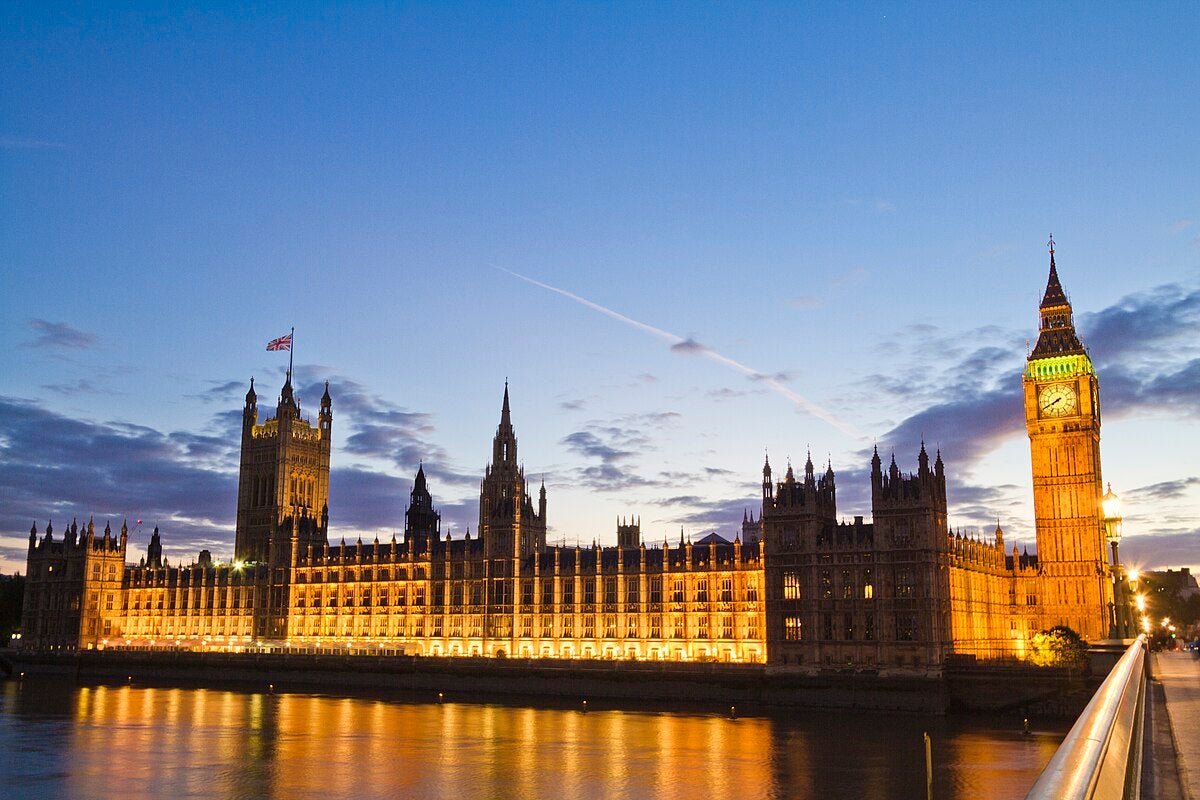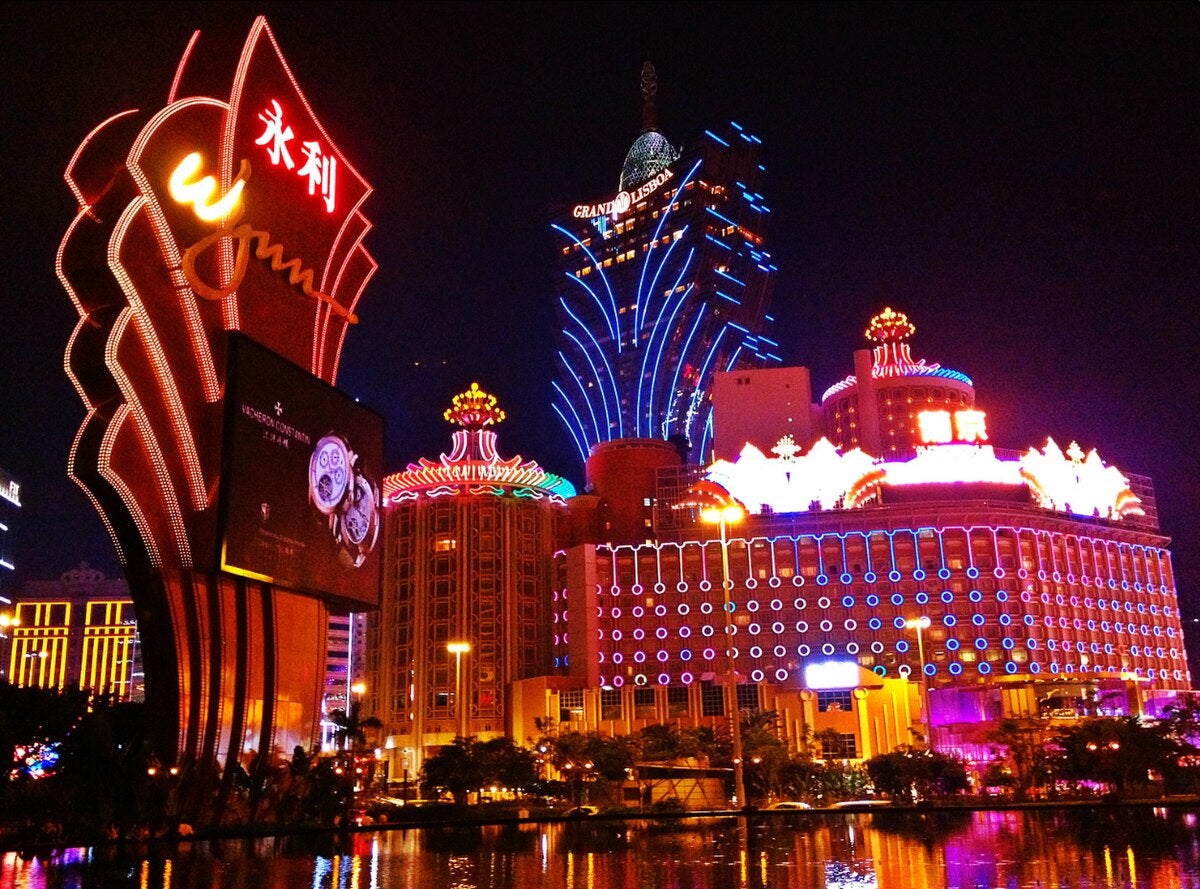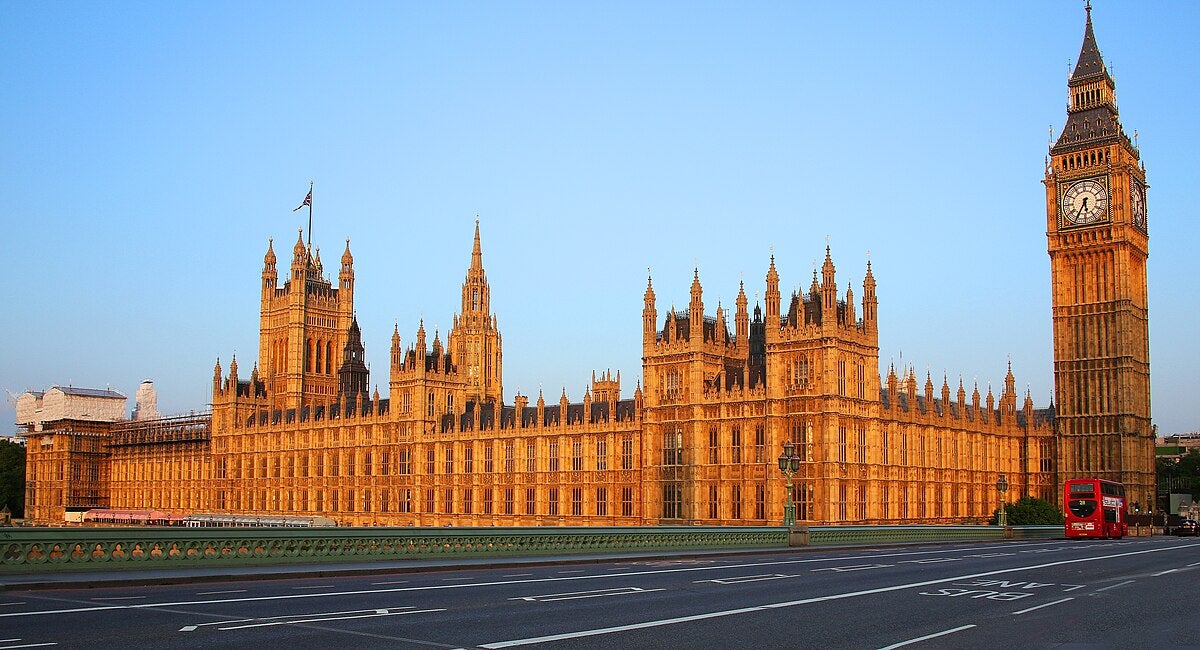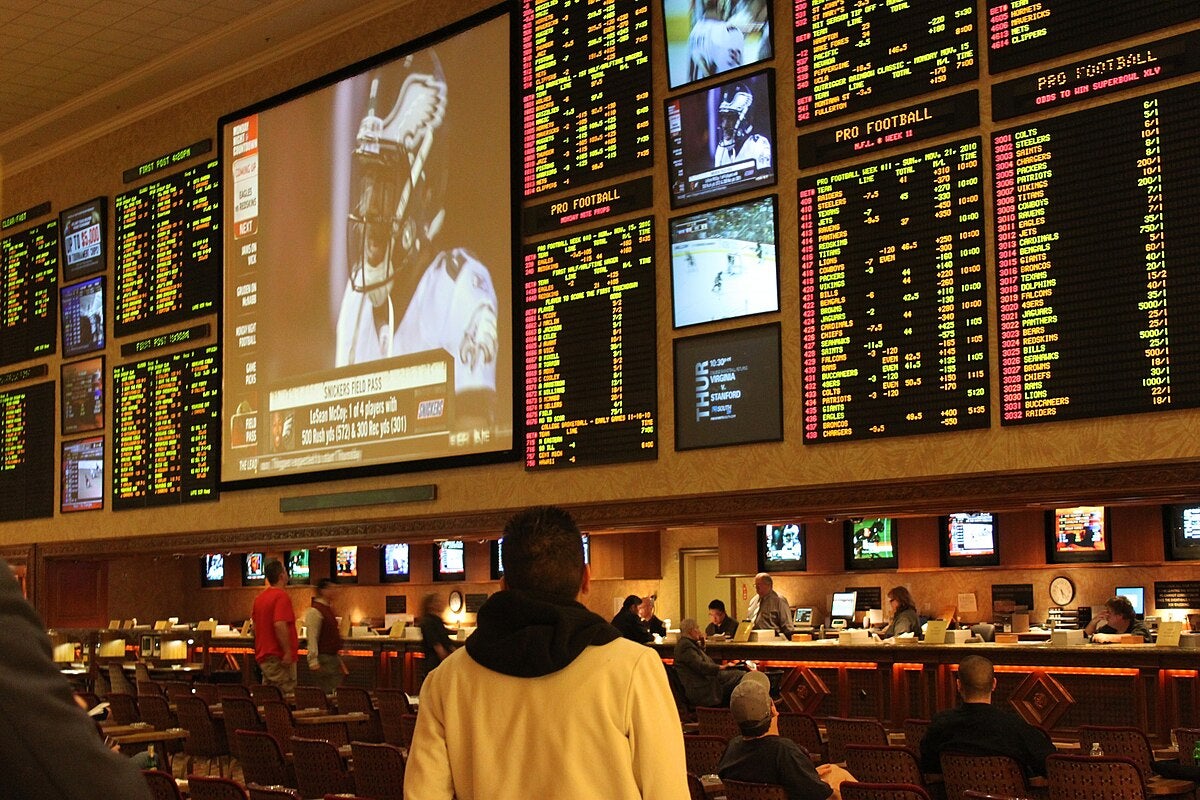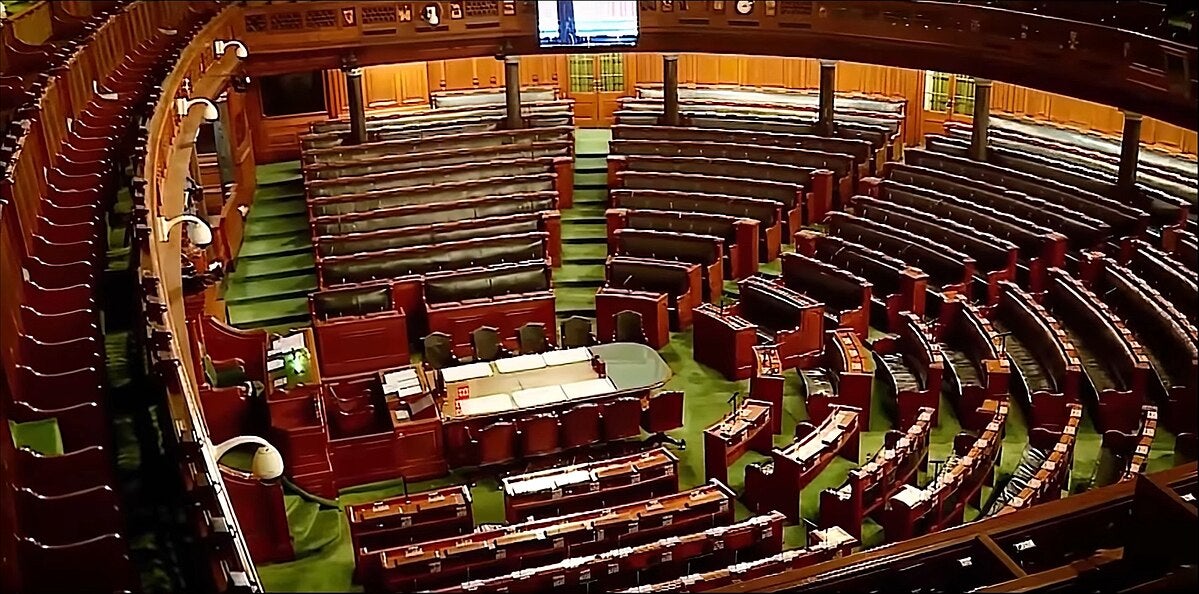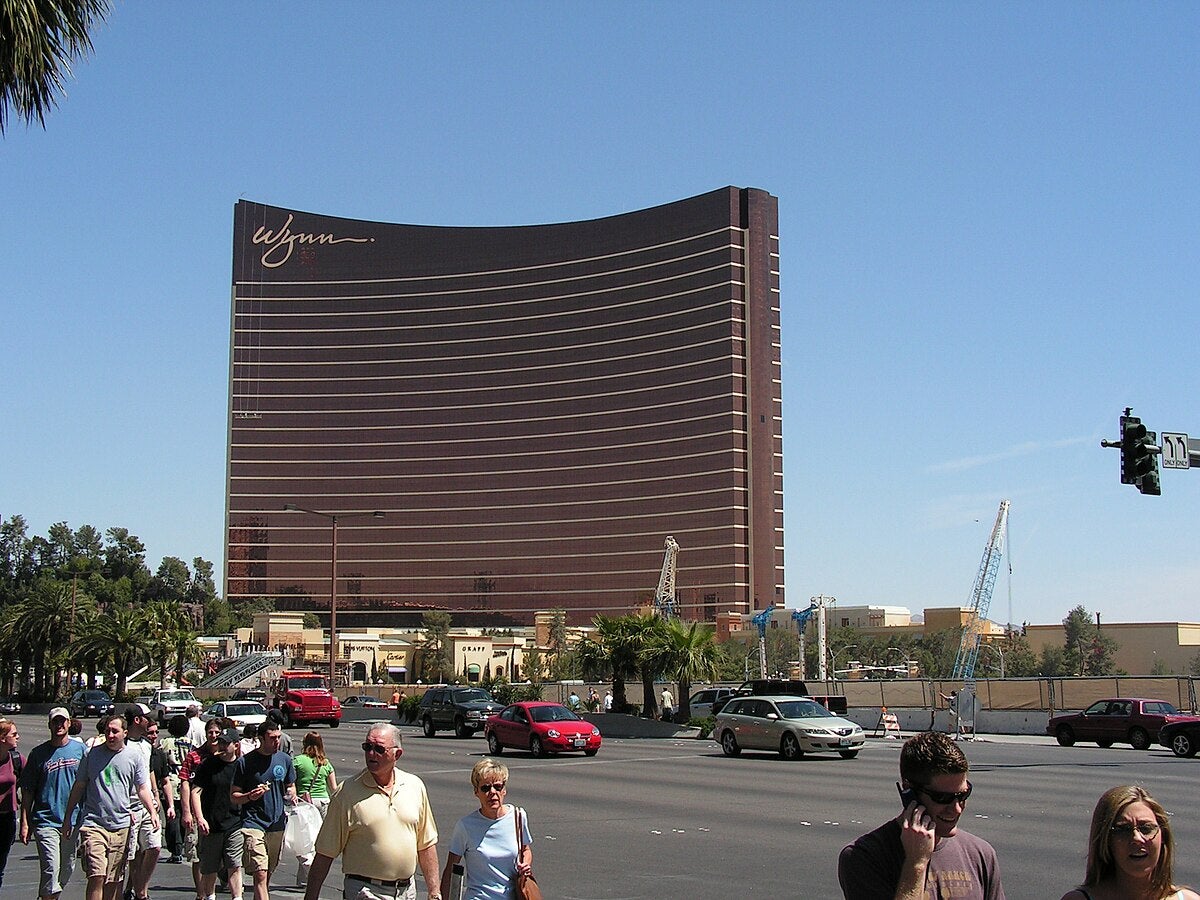Setting the Bar High
Thaksin shot down rumors of opposition within the coalition government over the Entertainment Complex Bill. Once it becomes law, the bill will set the stage for a committee to draft rules governing the complexes’ operations before the venture kicks off in 2026. The establishments are expected to boost tourism with various attractions like casinos, retail stores, sports arenas, and hotels.
The former PM also spoke on concerns over potential risks like money laundering that come with legalizing gambling. He emphasized that the entertainment complex bill addresses these concerns by limiting the capacity of casino floors. He explained, “The casinos will occupy no more than 10% of each complex. The rest will be dedicated to various other attractions, such as sports stadiums, water parks, and even ice-skating rinks.”
Significant Economic Impact
Thaksin highlighted the economic opportunities the IRs will create in the local communities they are established. Each IR is expected to generate up to 20,000 jobs, paying at least 20,000 baht (US$587).
He noted that the project will also help the country recover from the financial burdens caused by COVID-19. The government predicts the casino resorts will cause an influx of international tourists to over 40 million annually.
Other Planned Advancements
As the Entertainment Complex Bill gets closer to becoming law, the Thai government is also advancing with the legalization of online gambling. The industry is largely unregulated, and Shinawatra’s administration seeks to bring it under a legal framework like the land-based sector.
The government has also announced intentions to launch stablecoins, a cryptocurrency backed by government bonds, gold, and other tangible assets. The issue is separate from gambling, but the administration wants to create a conducive environment for low-risk cryptos to thrive.


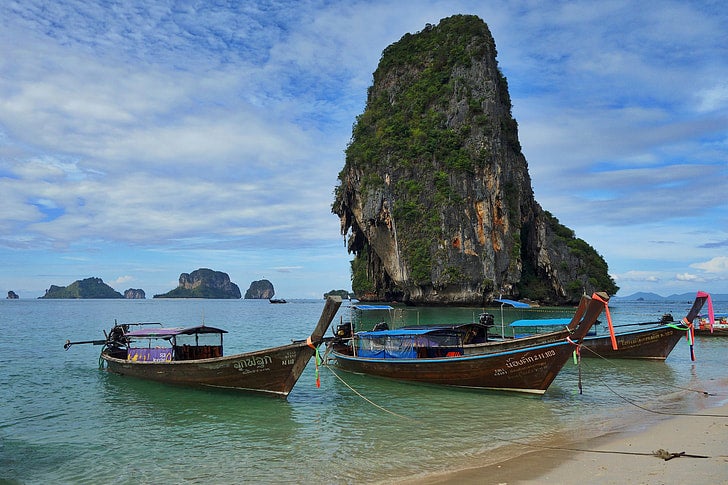

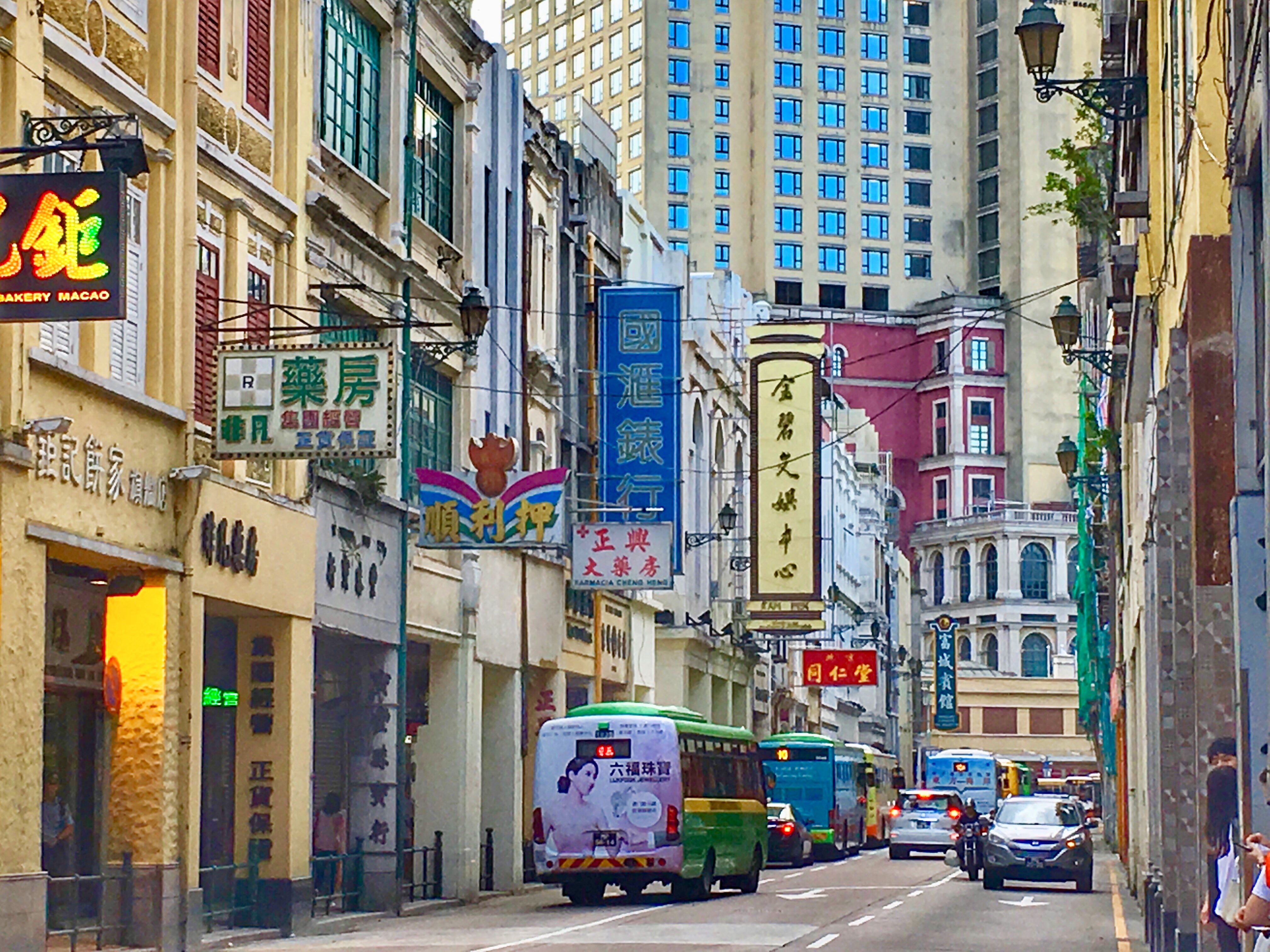
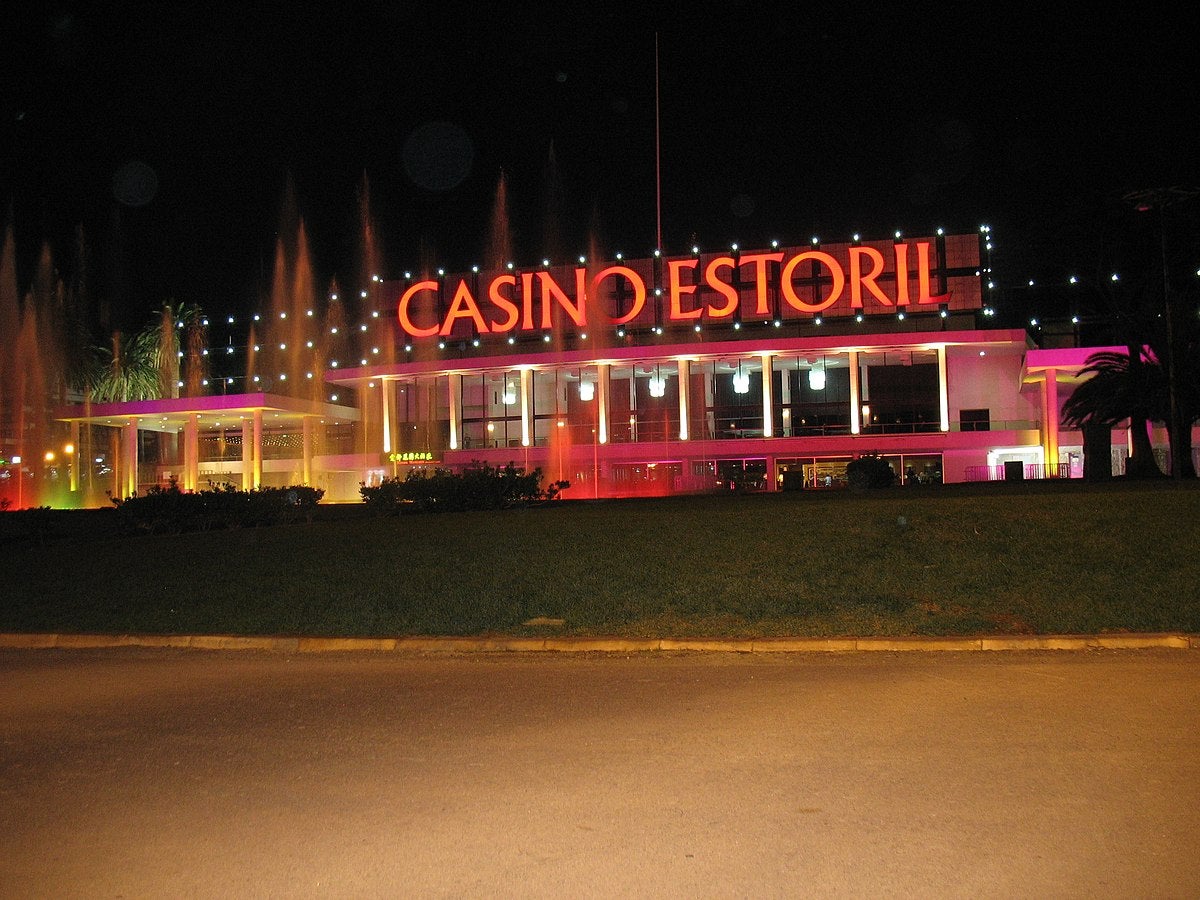



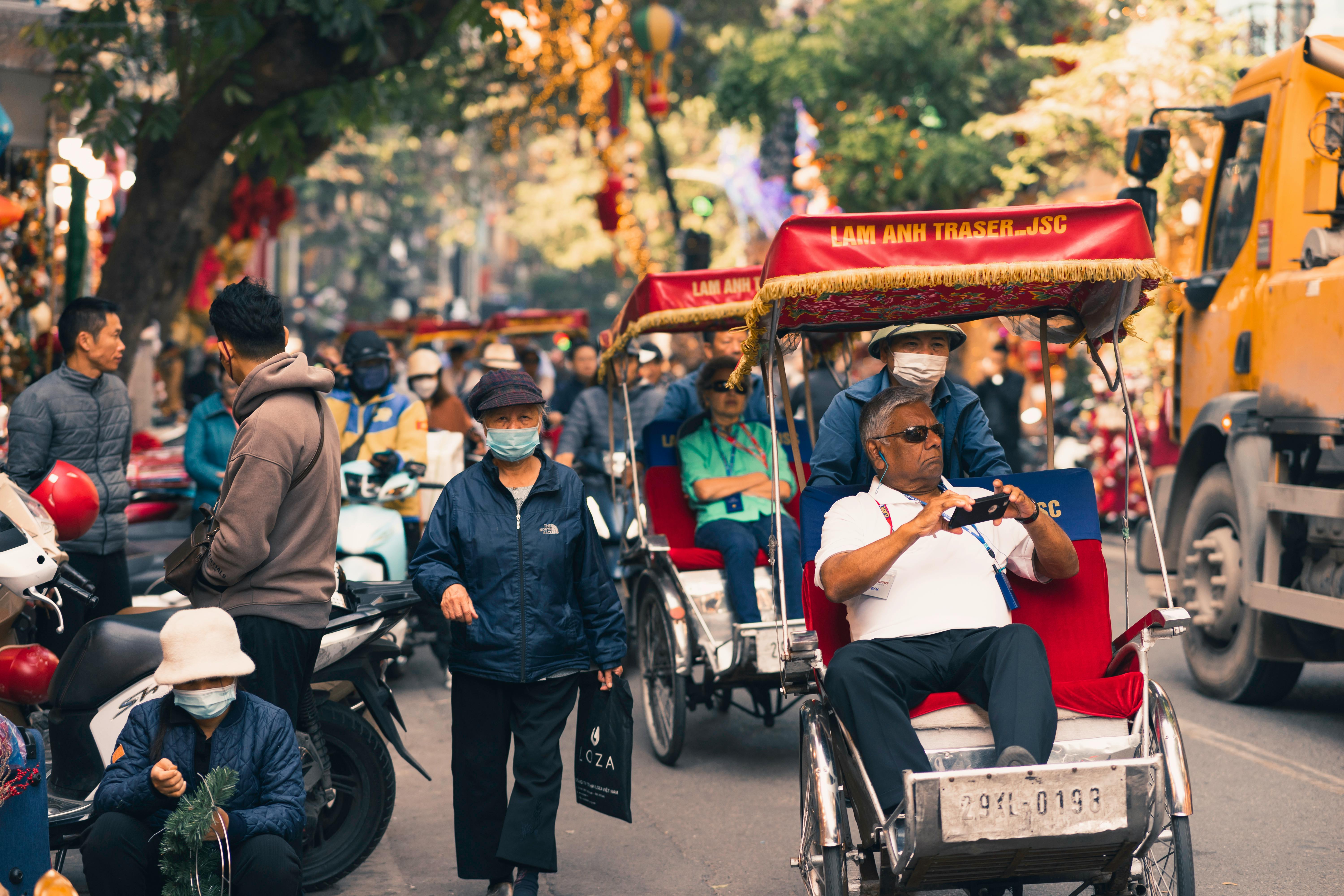
.jpg)

